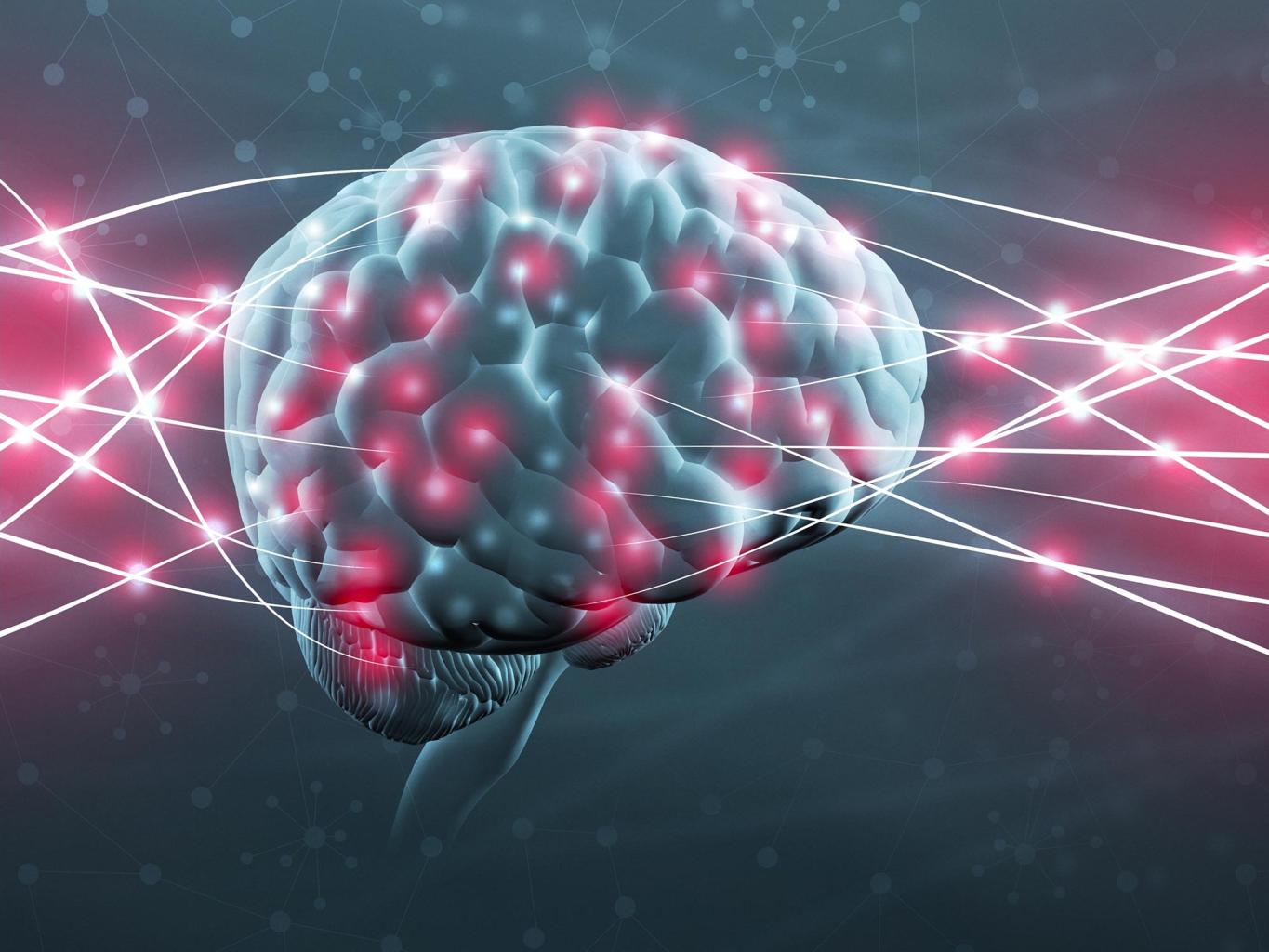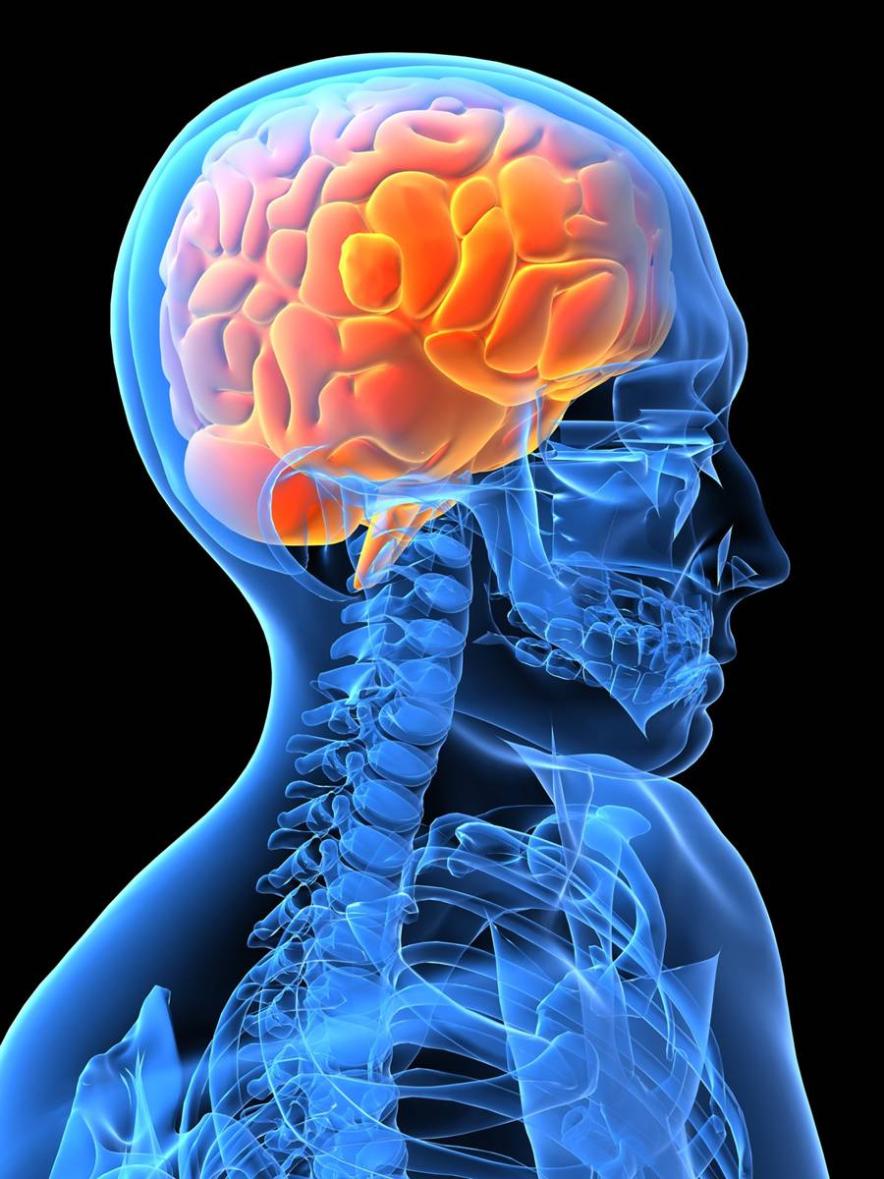What Is the Future of Brain Research?
In recent years, brain research has witnessed remarkable advancements, revolutionizing our understanding of the human mind and its intricate complexities. From groundbreaking discoveries in neural networks to the exploration of consciousness, brain research holds immense potential to unlock the mysteries of the human brain.

Current State Of Brain Research
Brain research encompasses a diverse range of disciplines, including neuroscience, psychology, and cognitive science, each contributing unique perspectives to our understanding of the brain. Cutting-edge brain imaging techniques, such as fMRI and EEG, have provided unprecedented insights into brain function, enabling researchers to map neural pathways and study brain activity in real time.
- Neuroscience: Focuses on the structure and function of the nervous system, including the brain.
- Psychology: Explores mental processes, behavior, and the relationship between the brain and behavior.
- Cognitive Science: Investigates the mind and its cognitive processes, such as perception, memory, and decision-making.
Contemporary brain research delves into various areas of focus, including neural networks, neuroplasticity, and consciousness. Neural networks, composed of interconnected neurons, form the foundation of brain function, enabling communication and information processing. Neuroplasticity refers to the brain's ability to adapt and change throughout life, shaping neural connections and influencing behavior. Consciousness, the subjective experience of awareness, remains one of the most enigmatic aspects of brain function.
Future Directions In Brain Research
The future of brain research promises exciting possibilities, driven by advancements in technology and interdisciplinary collaborations.
- Artificial Intelligence (AI) and Machine Learning: AI and machine learning algorithms can analyze vast amounts of brain data, aiding in the discovery of patterns and insights beyond human capabilities.
- Neurotechnology: The emerging field of neurotechnology holds the potential to enhance brain function and treat neurological disorders. Brain-computer interfaces (BCIs) can decode brain signals, enabling direct communication between the brain and external devices.
- Interdisciplinary Collaborations: Brain research benefits from the convergence of diverse fields, including physics, mathematics, and engineering. Collaborative efforts can address complex brain-related challenges from multiple perspectives.
Ethical And Societal Implications

Brain research raises ethical and societal considerations that require careful attention.
- Privacy Concerns: Brain imaging and neurotechnology raise concerns about privacy and the potential misuse of brain data.
- Societal Impact: Brain research has far-reaching societal implications, affecting education, healthcare, and criminal justice. Understanding the ethical dimensions is crucial to ensure responsible and beneficial applications.
- Ethical Guidelines: Establishing ethical guidelines and regulations is essential to govern brain research and its applications, safeguarding the rights and well-being of individuals.
Brain research stands at the forefront of scientific exploration, with the potential to revolutionize our understanding of the human mind and its complexities. Continued investment in brain research, coupled with responsible and ethical practices, will unlock the full potential of this field, leading to transformative discoveries and advancements that benefit humanity.
YesNo

Leave a Reply